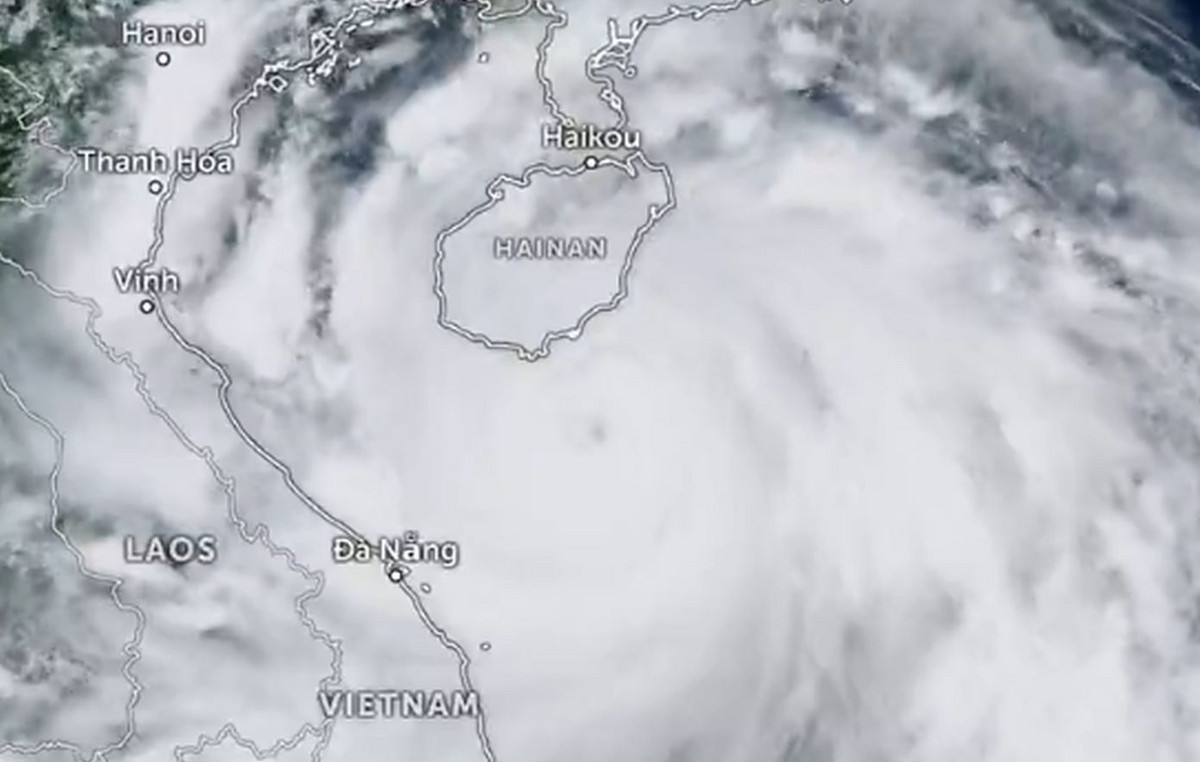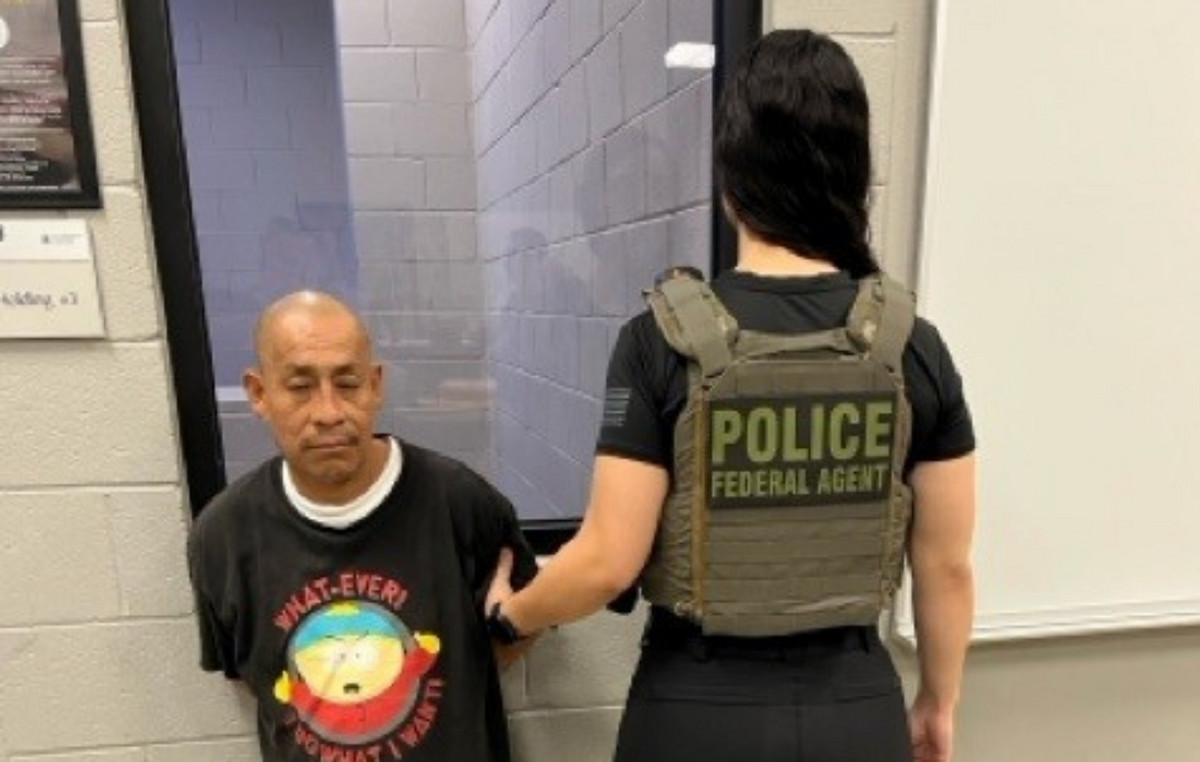Crowds gathered in Germany overnight to celebrate the legalization of marijuana, which came into effect this Monday (1st).
There was music and dancing at the Brandenburg Gate in central Berlin, where participants waved signs and blew smoke into the air.
One person could be seen cycling through the crowd dragging a giant cannabis leaf artwork on a trailer behind his bike, while another ceremoniously rolled a joint in front of television cameras.
Last month, the lower house of the German parliament voted in favor of partially legalizing the recreational use of marijuana, following a contentious national debate over the pros and cons of allowing easier access to the drug.
Health Minister Karl Lauterbach praised the measure in a post on X (formerly Twitter) this Monday.
“Cannabis consumption already existed, but it is increasing. Now it’s time to get out of the taboo zone,” he wrote.
“This is better for real help with addiction, for the prevention of children and young people and for combating the parallel market, for which there will soon be an alternative”, he added.

The new rules mean adults can possess small amounts for personal use, but the drug remains banned for under-18s.
According to the new legislation, presented by the ruling coalition party in Germany, adults can grow up to three plants for private consumption and are authorized to have 50g at a time at home and 25g in public, starting this Monday (1st) .
From July 1st, cannabis will be available in licensed non-profit clubs with a maximum of 500 members – all of whom must be adults.
Only club members will be allowed to consume your produce.
The German government said marijuana would remain illegal for minors and highly restricted for young adults, adding that consuming the drug near schools and playgrounds would be illegal.
The measure makes Germany the third country in Europe – after Malta and Luxembourg – to legalize the drug for recreational use, removing cannabis from the official list of prohibited substances.
The Netherlands prohibits the possession of drugs, but some municipalities allow them to be sold in cafeterias, as part of their so-called “tolerance policy”.
In other countries, such as Australia and the USA, rules vary in different locations.
Source: CNN Brasil
Bruce Belcher is a seasoned author with over 5 years of experience in world news. He writes for online news websites and provides in-depth analysis on the world stock market. Bruce is known for his insightful perspectives and commitment to keeping the public informed.







